Jinling Guli Laomen East
Jinling, the ancient capital of the Six Dynasties, which is today's Nanjing City, is a city with historical symbols. Since ancient times, Laomendong has been a place where merchants and businessmen gathered in the south of the Yangtze River, people gathered together, and aristocratic families lived.
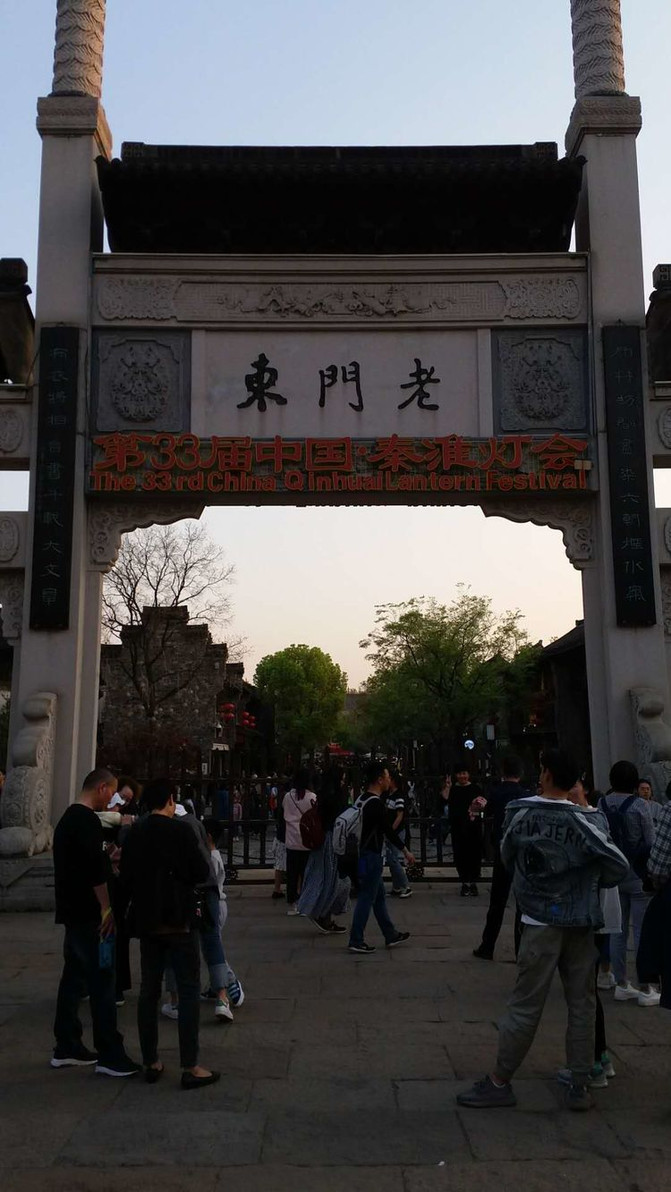
As early as the Three Kingdoms period, residential settlements appeared in Laomen East. Today, the bustling scene adds to the prosperity of Laomen East.


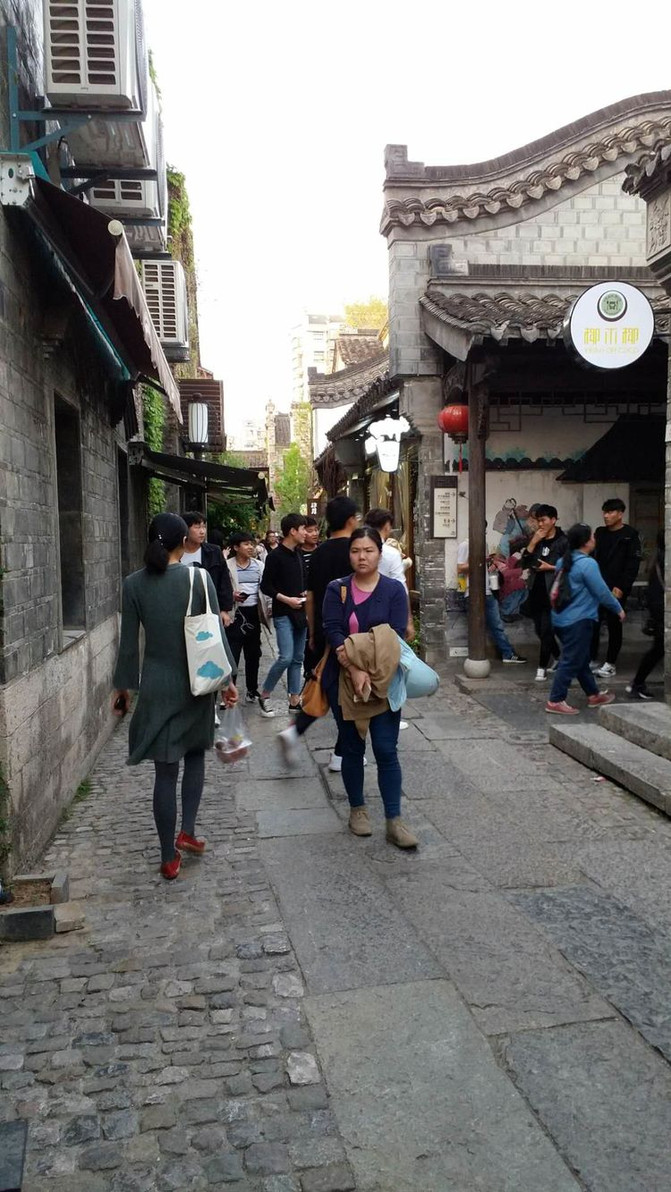
Hometown, this word has two meanings. One means the former residence in Menxiang in the old days, and the other means hometown and hometown. If Laomendong is compared to the hometown of Jinling, the implication is that the former residence of Menxiang here must have a date. You don't have to think about anything when you walk into Laomen East, just listen quietly to Shi Shi...
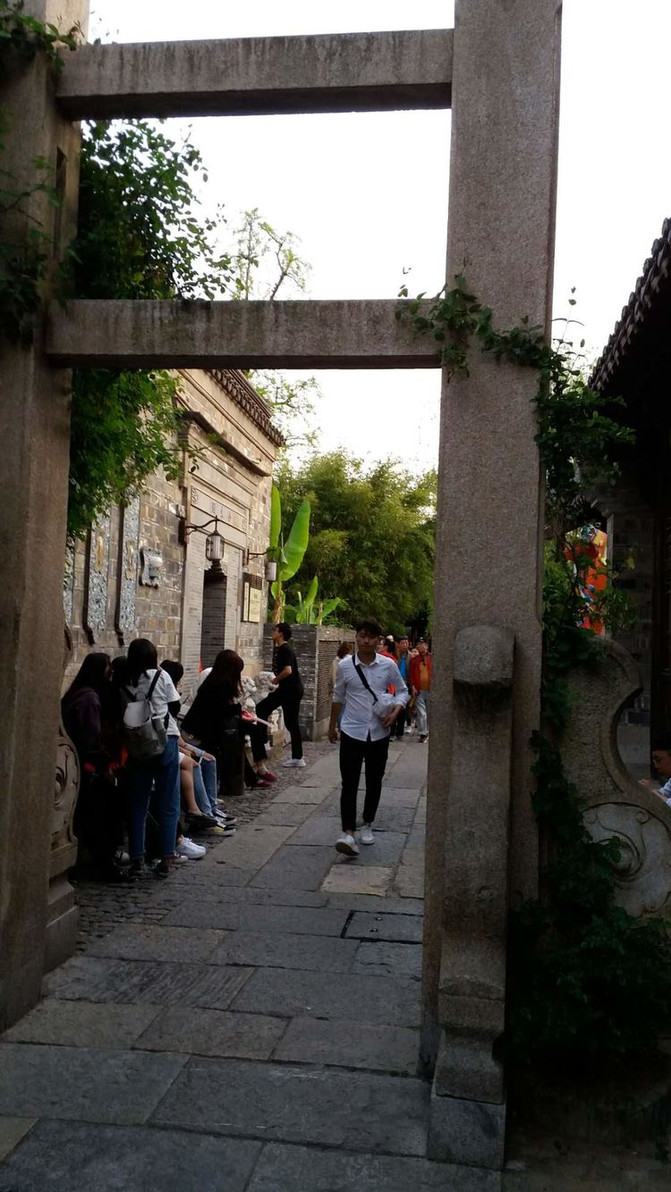


"The ancient scenery with blue bricks and black tiles is as old as before." The stone carving craftsmanship in the east of Laomen is very exquisite. Look at the gate in front of this house, there are a pair of drum stones. The drum stones were originally the symbol of "being rich or expensive" in traditional Chinese homestead doors. However, the three words "Zhuliguan" are written on the head of this door, which reminds people of the Five Wonders "Zhuliguan" written by Wang Wei, the great poet of the Tang Dynasty, when he lived in seclusion in his later years: Sitting alone in the bamboo forest, playing the piano and shouting loudly. People in the deep forest don't know that the bright moon shines.
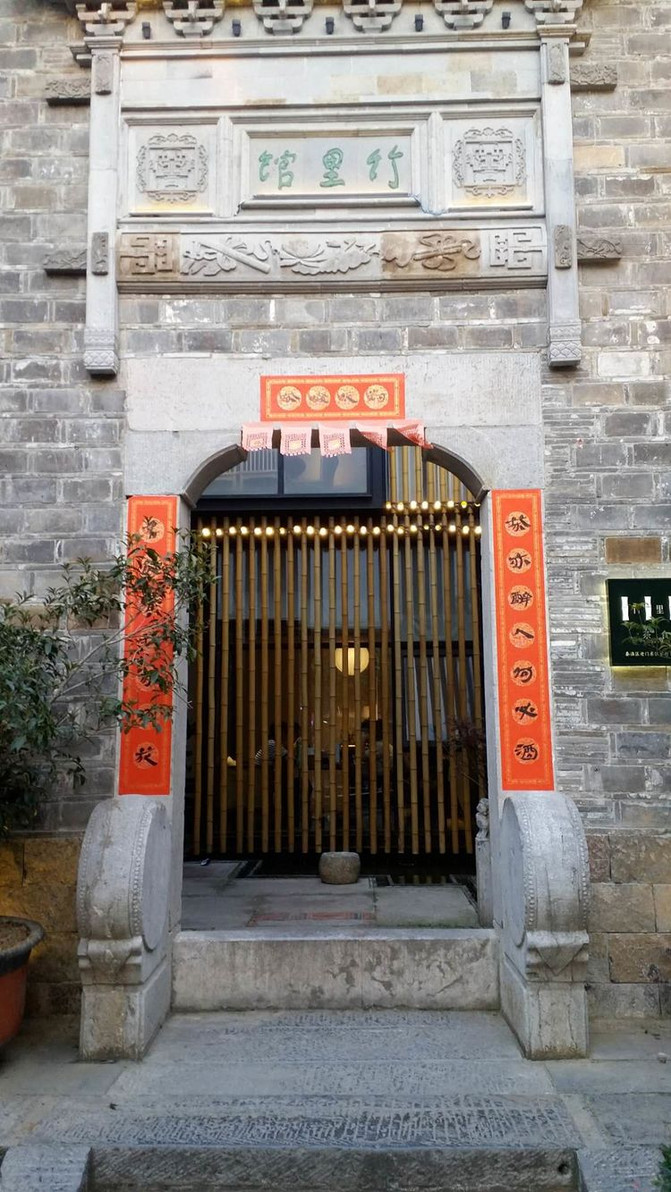
Although the entire poem "Zhuli Hall" is only a short twenty words, it has scenes and sounds and colors. The pictures described in the poem, which are static, dynamic, and real and imaginary, are not exactly what Laomendong presents us today?! Laomen East, the hometown of Jinling, is definitely worth a visit. (During the 1898 War in Jinling)


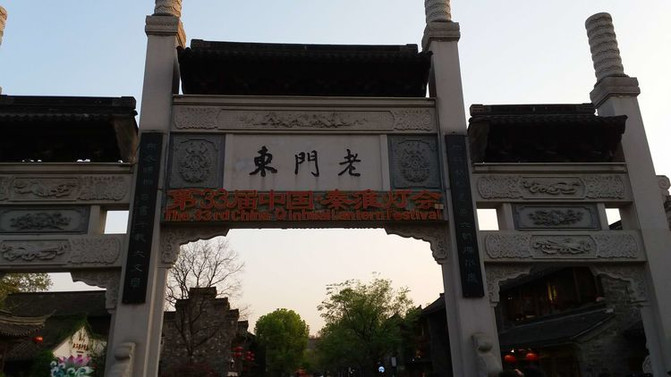
Previous Article:Suning Zhongshan International Golf Hotel "Christmas Lighting Ceremony"
Next Article:A trip to Jinling
